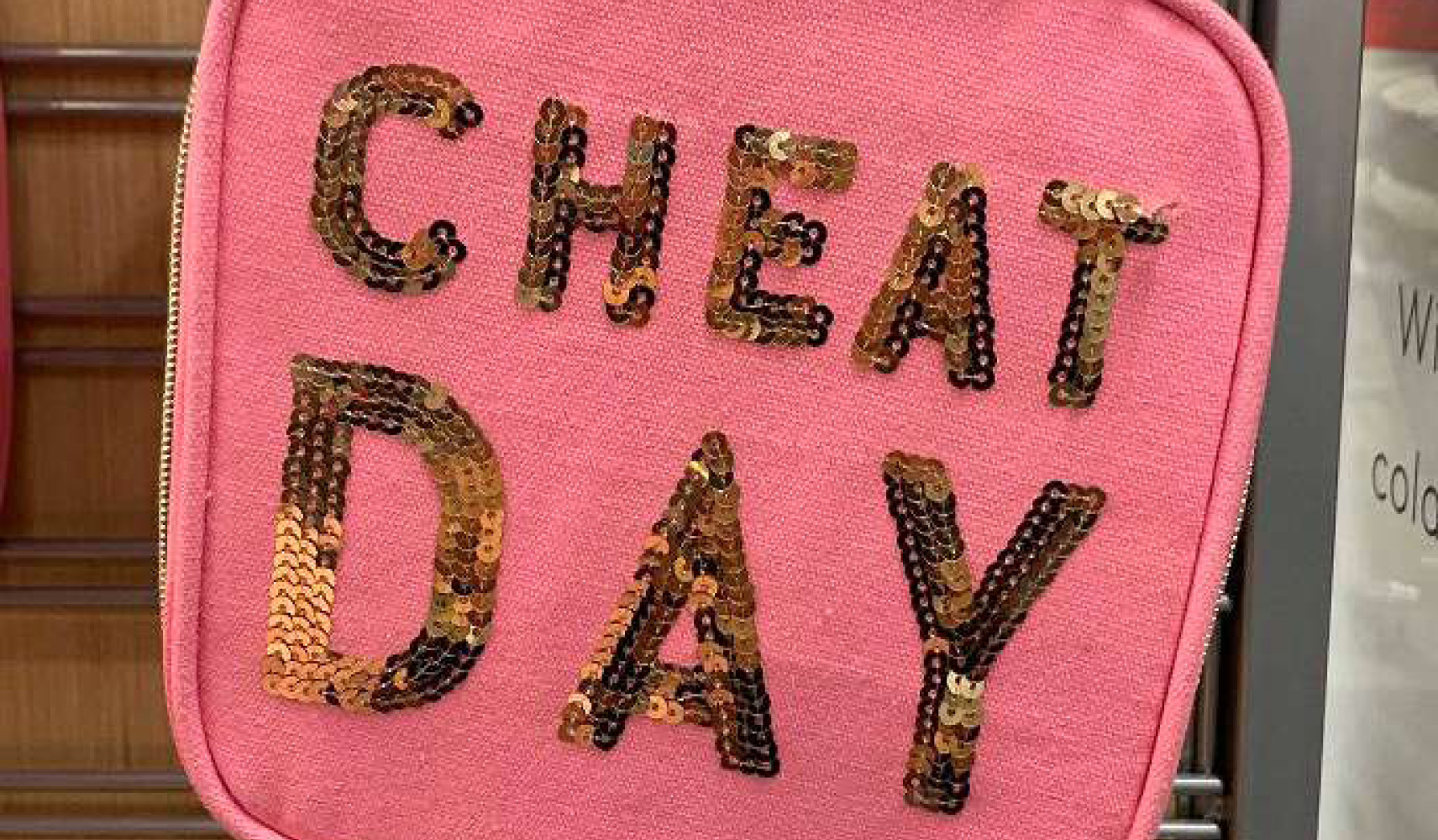Broadening the Narrative in the World of Toys and Games

Joanna Feeley Founder and CEO of TrendBible expands on her recent presentation on the world of toys and games at the 2022 Play Creators Conference hosted by Mojo Nation, Hasbro and Toy Association.
It was great to be surrounded by passionate toy inventors and play specialists recently at the 2022 Play Creators Conference hosted by Mojo Nation, Hasbro and Toy Association. Thanks to everyone who came along to hear my presentation about broadening the narrative and challenging stereotypes in the world of toys and games. I’ve taken some of my key points and expanded on them in my latest blog.
What Is Broadening the Narrative?
Broadening the narrative means identifying and removing limiting stereotypes and making sure we’re not inadvertently reinforcing limiting beliefs to the children we serve through media, games, character creation and even colour choices.
Changing the World, One Lunchbox at a Time

In our jobs, in this industry, we are in a position where we get to make decisions about the messages we send to kids – on their lunchboxes, in their cartoons, in the games they play. Are we thinking carefully enough about these as designers, brands and organisations?
Whilst being happy, having fun and being silly will never go out of style for children, there are very particular nuances to the way children today – Gen Z and Gen Alpha – are being raised. It’s societal developments and cultural evolutions that are shaping their experiences and expectations; the fabric of society being knitted around the child.
What Shifts Are We Seeing?
There are all sorts of factors impacting a child’s world that shape up the kind of gifts they will get bought, what they are and are not permitted to have, and what kind of qualities and traits and skills are seen as currently valuable.
For example, years ago, it was broadly accepted that extroversion – confidence, outgoing characteristics, boldness – was superior to introversion, and children were encouraged to get good at learning these traits. Today, however, we can celebrate extroversion and introversion in equal measure, we can appreciate that it is different but not ‘lesser than’ to have introverted tendencies – it’s not a character flaw that needs to be hidden or changed.
Why Is This Happening?

This data paints a picture of the kind of world these children are growing up in, and shapes what their expectations are in the media and entertainment they consume. These events become catalysts for a change in people’s feelings, and how they see themselves and others. Whether we are talking about a shift in parents or their children’s attitudes, this trickles down to inform the type of products and play experiences they are drawn to.
In society, we are critiquing the stereotypes we’ve been served. This means we are looking for broader representation across different socio-economic, race, gender, disability groups, as well as the inclusion of a wider range of traits and characteristics. In play and storytelling, we are seeing a reflection of this – a broadening of the narrative – away from things like a singular expression of princess narratives or a deeper scrutiny of ‘happily ever after’ narratives.
Regional Nuances
Product, play and story trends are a reflection of societal and lifestyle shifts, but of course these aren’t universally the same everywhere.
Generally speaking, we are experiencing a push and pull between progressive and conservative values. There is contrast geographically, culturally and even demographically.
To give you just a few examples of this; in Saudi Arabia, the government have been confiscating toys, clothes and other items bearing rainbow colours that evoke the Pride flag.
In China, the education ministry last year published plans to ‘cultivate masculinity’ in schools after a top political advisor warned China was facing a ‘national masculinity crisis’ and warned that the ‘feminisation of Chinese boys threatens China’s survival and development.’
In a new law in Florida, USA, teachers are not allowed to ‘encourage classroom discussion about sexual orientation or gender identity in primary grade levels.’
In contrast to these examples, there is plenty of evidence to suggest that some see parenting as an act of social change; taking the opportunity to challenge taboos and deconstruct stereotypes.
For brands and retailers, the challenge is much bigger than knowing which products to create. It’s knowing how to navigate divisive social and political change.
How Does this Impact the world of Play?
So we’ve seen the broader context of what is influencing families and kids, what impact does this actually have on narrative? It impacts the thoughts, ideologies, and ambitions of kids, and frames up what’s possible for them.
Cultivating empathy and highlighting the power of listening before dissent are key themes within our 2023 Macro trend Peoplehood. Within this trend we identified how learning to navigate conflict and find civility in disagreement will become important skills needed in order to tackle an increasingly polarised society.
Our Broadening the Narrative series and Baby & Kids macro trends are available when you subscribe to our Premium membership at My TrendBible. My TrendBible is our trend subscription service designed to inspire and spark ideas, give your teams confidence in actioning trends and provide validation from across the globe.